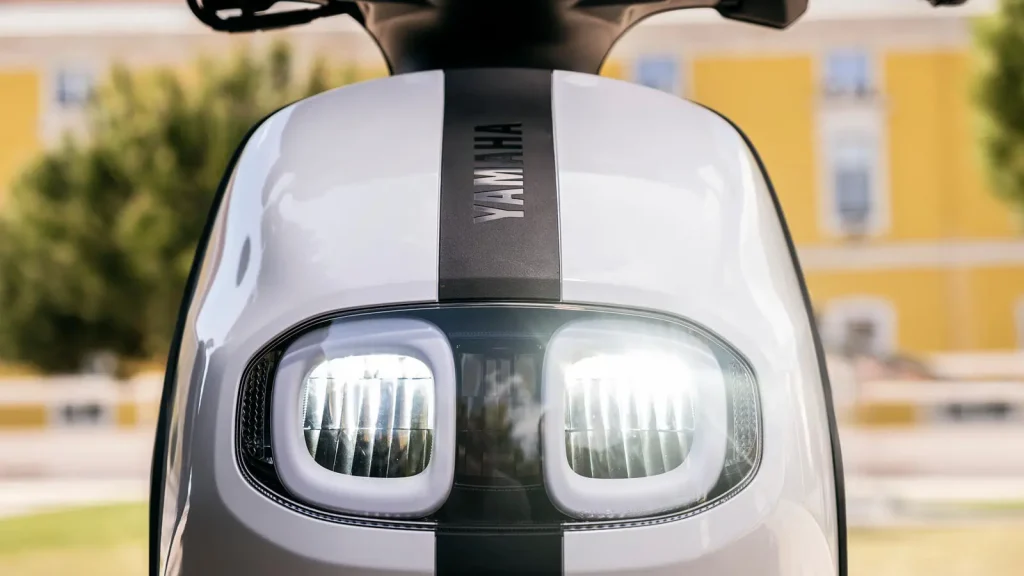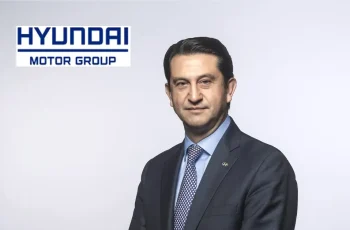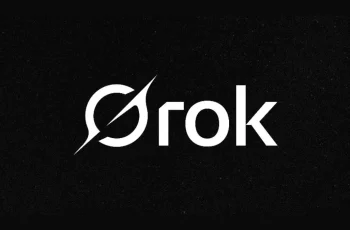After a long wait, Yamaha, a leading company in the internal combustion engine (ICE) segment, has finally decided to step into the electric vehicle (EV) market with plans to locally develop an EV platform in India. This strategic move comes as the automotive industry increasingly shifts towards sustainable and electric mobility solutions. According to a report by AutoCar, Itaru Otani, the chairman of Yamaha Motor India, has indicated that while a final decision regarding the EV launch has not yet been made, the brand is planning to enter the Indian EV market in the coming years.

However, the report did not disclose a precise timeline for this entry, nor did it clarify whether the focus would be on a locally developed electric vehicle platform or a global one. This uncertainty highlights the complexities involved in entering a market that is rapidly evolving and marked by intense competition.
In a notable development, the Bengaluru-based EV company River, known for manufacturing the Indie e-scooter, recently received funding from Yamaha. Otani mentioned that the company is exploring the feasibility of using River Indie’s platform for its upcoming EV models in India. This collaboration could potentially accelerate Yamaha’s entry into the market, leveraging local expertise and established technology.
Otani acknowledged the challenges of meeting customer expectations in India’s EV landscape, which is currently dominated by affordable small scooters. For context, Yamaha began selling the Neo e-scooter in various European markets in 2022 and has also conducted proof-of-concept studies on the River Indie in Japan. This experience may provide valuable insights as Yamaha navigates the Indian market.
Interestingly, Yamaha is taking a different approach compared to many Indian electric vehicle manufacturers that are primarily focused on delivering cost-effective products. Instead, Yamaha plans to introduce a high-performance model in India, aligning with its brand image that emphasizes performance-oriented vehicles. However, this strategy presents its own set of challenges, as high-performance e-scooters require larger battery packs, which significantly increase production costs.
“At this moment, most of the Indian EV market consists of small scooters. We are considering performance-oriented electric scooters, as that aligns with Yamaha’s brand. However, high performance means bigger batteries, which are expensive. This is one of the challenges we are evaluating,” Otani stated, as reported by AutoCar. This focus on performance could differentiate Yamaha in a crowded market, but it will necessitate careful consideration of pricing strategies to ensure competitiveness while maintaining the brand’s commitment to quality and performance. As Yamaha prepares for this transition, the company aims to balance innovation, performance, and affordability to capture the interest of Indian consumers in the evolving electric vehicle landscape.




